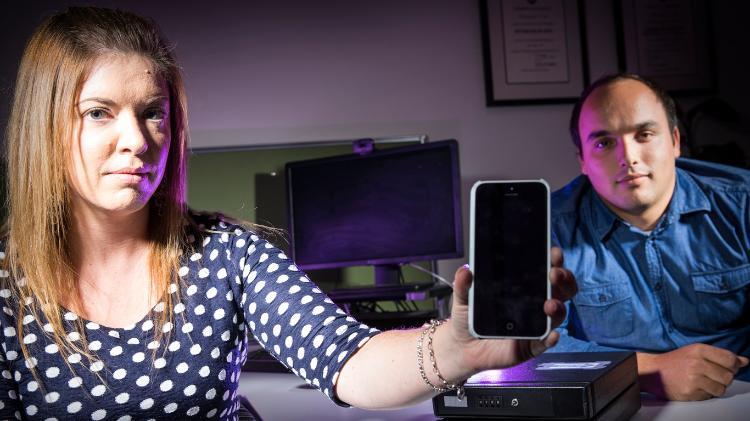Overview
Although mobile telecommunications provides many benefits to society, there has been concern raised within the community about the potential for the radiofrequency (RF) radiation used to enable the technology to cause harm. This raises important scientific questions about whether, or at what radiation level such harm occurs, as well as questions about indirect impacts on health such as the effect of anxiety about such technologies on health and well-being. The aim of this research group is to addressing such questions, and to use the resultant knowledge to better inform both the scientific and community debate regarding radiation safety.
These research questions are very broad and accordingly require a range of types of expertise. For example, regardless of whether we are interested in determining whether the radiation from mobile telecommunications causes cancer or impacts emotion, strong physics is needed to deliver and/or measure radiation. Our group thus collaborates with experts around Australia and internationally to ensure that our research is able to answer the questions that it is addressing. However, in terms of the CHPPR researchers, our research is primarily focused the following:
- Determining whether RF radiation affects emotional processing in people;
- Determining the mechanisms responsible for subtle effects of RF radiation on brain electrical activity;
- Determining what leads to the symptoms reported by those claiming to be sensitive to low levels of RF radiation;
- Clarifying the role of high-level RF radiation in ameliorating both pathological and cognitive deficits in Alzheimer’s model mice; and
- Developing RF radiation health training methods for medical practitioners.
Theme leader
Professor Rodney Croft
Members
Associate Professor Sarah Loughran, Professor Chao Deng, Dr Adam Verrender, Mr Ian Evans, Ms Emma Sylvester, Ms Sheridan Findlay
